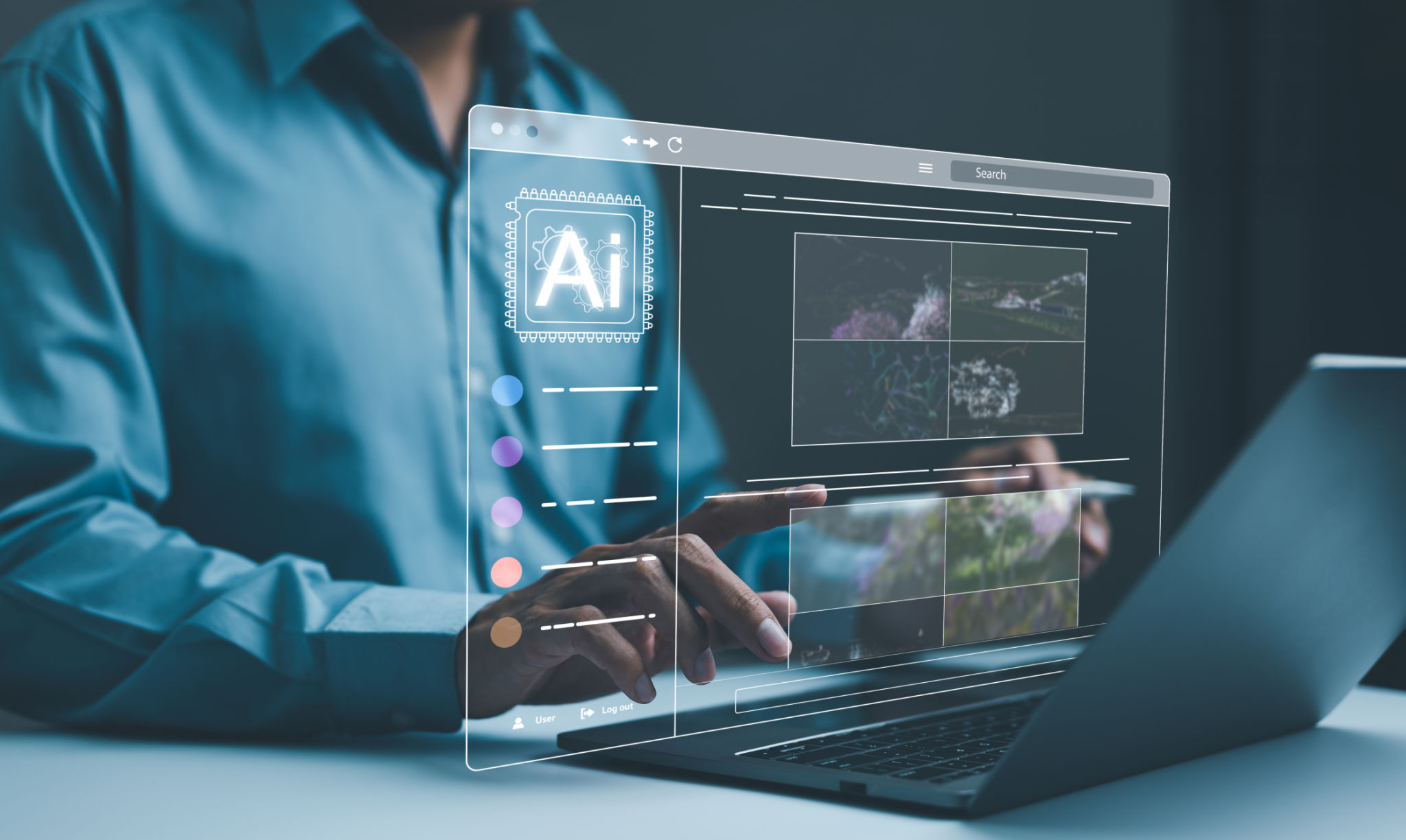Exploring AI in Music: How Technology is Shaping the Future of Music Production
The Rise of AI in Music Production
In recent years, artificial intelligence (AI) has made significant strides in various industries, and the music industry is no exception. From composition to production, AI is transforming how music is created and experienced. As technology continues to evolve, it offers innovative tools that empower musicians and producers to push the boundaries of creativity.
AI-driven software can analyze vast amounts of musical data to identify patterns and trends. This capability enables musicians to generate new compositions with unprecedented ease. Whether it's generating melodies, harmonies, or even complete tracks, AI is proving to be an invaluable tool for artists looking to experiment with new sounds and styles.

AI-Powered Music Composition
One of the most exciting applications of AI in music is its ability to compose original pieces. AI algorithms can analyze existing music and learn its structure, style, and nuances. By doing so, they can compose music that mimics human creativity. This technology allows musicians to explore new genres and create unique compositions that might have been challenging to produce manually.
For instance, platforms like OpenAI's MuseNet or Google's Magenta have made it possible for musicians to collaborate with AI to create complex compositions. These platforms provide a sandbox for artists to experiment with different musical elements, offering a blend of human creativity and machine intelligence.

Enhancing Music Production with AI
AI is not only reshaping how music is composed but also revolutionizing the production process. AI tools can assist in tasks such as mixing, mastering, and sound design. These technologies analyze audio tracks to optimize sound quality, balance levels, and even suggest improvements, allowing producers to achieve professional-grade results more efficiently.
Moreover, AI-driven plugins are becoming increasingly popular among producers. These plugins can automatically adjust parameters based on the song's mood or genre, simplifying complex production tasks. This advancement not only saves time but also allows producers to focus more on the creative aspects of music-making.

The Role of AI in Music Personalization
AI is also playing a crucial role in how listeners experience music. Streaming services utilize AI algorithms to analyze user preferences and listening habits, curating personalized playlists that cater to individual tastes. This personalization enhances user engagement and ensures that listeners are continually exposed to new music that aligns with their interests.
Furthermore, AI's ability to analyze large datasets enables it to predict emerging trends and recommend undiscovered artists, providing a platform for emerging talent. This feature is transforming how music is discovered and shared in today's digital age.
Challenges and Ethical Considerations
While AI offers numerous benefits for the music industry, it also presents certain challenges and ethical considerations. Questions around copyright and originality arise as AI-generated compositions become more prevalent. Determining ownership rights and ensuring fair compensation for human creators remain critical issues that need addressing.
Additionally, there is a concern about the potential loss of the human touch in music creation. While AI can mimic human creativity, it lacks the emotional depth and personal experiences that often inspire great art. Striking a balance between technological innovation and preserving artistic integrity is essential as we navigate this evolving landscape.

The Future of AI in Music
The future of AI in music production looks promising as technology continues to advance. With ongoing research and development, we can expect even more sophisticated AI tools that will further enhance creativity and efficiency in the music industry.
As AI becomes an integral part of the music-making process, it will undoubtedly lead to new forms of artistic expression. Musicians and producers who embrace these technologies will be at the forefront of innovation, shaping the future of music in ways we can only imagine today.